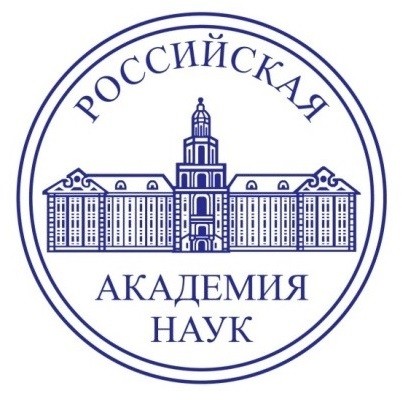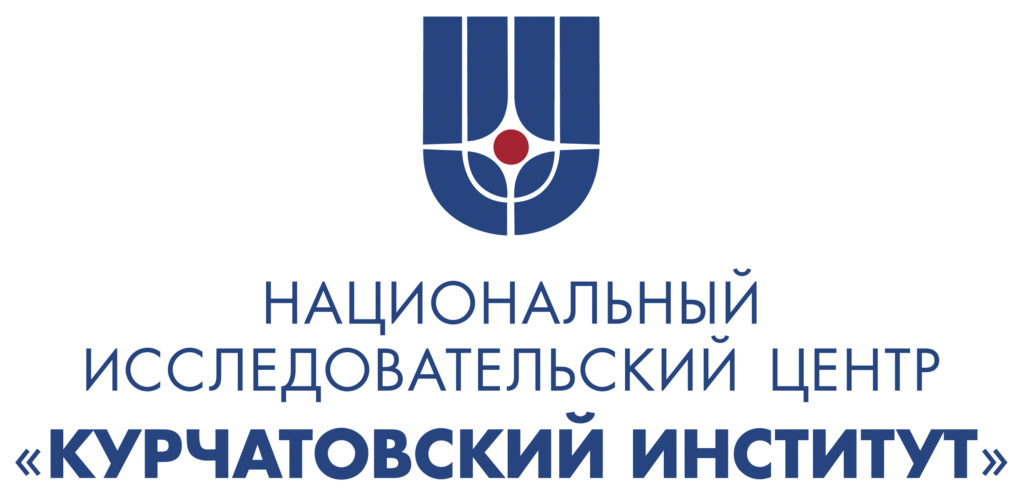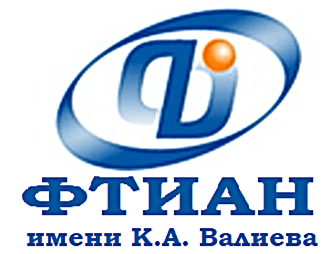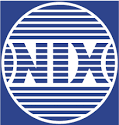The 15th International Conference “Micro- and Nanoelectronics – 2023” (ICMNE-2023) including the Extended Session “Quantum Informatics” (QI-2023) will be held in October 2-6, 2023 at the park-hotel “Ershovo”, Zvenigorod, Moscow Region, Russia. It will continue the series of the All-Russian Conferences “MNE-1999”, “MNE-2001”, “QI-2002” and the International Conferences “ICMNE-2003”, “QI-2004”, “ICMNE-2005”, “QI-2005”, “ICMNE-2007”, “QI-2007”, “ICMNE-2009”, “QI-2009”, “ICMNE-2012”, “QI-2012”, “ICMNE-2014”, “QI-2014”, “ICMNE-2016”, “QI-2016”, “ICMNE-2018”, “QI-2018”, “ICMNE-2021”, “QI-2021”.
ICMNE is a biannual event which is deducated to the physics of integrated micro- and nanoelectronic devices and related micro- and nanotechnologies. ICMNE-2023 will be focused on recent progress in that area. The Conference will include the exhibition of equipment for micro- and nanoelectronics.
The working language of ICMNE-2023 is English.
Scope:
Physics of micro- and nanodevices:
- Scaling challenges and opportunities for nanodevices
- Nanoscale transistors: CMOS FET, TFET, SET, molecular transistors, molecular switches, etc.
- Integrated memory devices, DRAM, ReRAM, FeRAM
- Devices with 1D and 2D channels
- Carbon micro- and nanoelectronics
- Solid state devices for THz generation and detection
- Magnetic micro- and nanostructures, spintronic devices
- Superconducting micro- and nanodevices and structures
- Devices for optoelectronics, photonics
- Sensors, micro- and nanoelectromechanical systems (MEMS, NEMS, BioMEMS)
- Device simulation and modeling
Technology and characterization of materials for micro- and nanoelectronics:
- Si, SOI, SiGe, A3B5, A2B6
- High-k dielectrics, low-k dielectrics
- Metal films for device structures
- 1D and 2D materials
- Magnetic materials, nanomagnetics
- Materials for optoelectronics and photovoltaic, metamaterials
Technologies and advanced equipment for micro- and nanoelectronics:
- Lithography: immersion, EUV, electron and ion lithography, nanoimprint
- Front-end of line (FEOL) processes in ULSI’s technology
- Back-end of line (BEOL) processes in ULSI’s technology
- 3D integration technologies
- Technologies for 2D materials (graphene, MoS2, WS2, etc.)
- Technologies for 1D structures (nanowires, nanotubes)
- Technologies for MEMS and NEMS
- Technologies for superconducting devices
Metrology:
- In situ processes monitoring and control (end-point detection, process smart sensors)
- Inspections, metrology, and characterization of micro- and nanostructures
Quantum informatics:
- Quantum computers: theory and experiments
- Quantum measurements
- Quantum algorithms
- Quantum communications
- Quantum sensors
Contributions to the Conference topics are welcome from the academic community, universities, as well as from the R&D divisions of the industry. The Program Committee will give preference to the papers which contain the results of recent original works consistent with the Conference scope. The abstracts and full manuscripts shoul be written in clear and concise English.
The Conference program will be comprised of invited and contributed papers. The contributed papers will be reviewed by the members of the Program Committee on the basis of submitted abstracts for their being in theme with the Conference, and for their scientific quality. The Program Committee will determine the session (oral or poster) on which the corresponding paper will be presented. Author’s preferences will also be taken into consideration.
Please, submit the files with abstracts to ICMNE-2023 at the address icmne2023@gmail.com.
Deadline for abstracts submission is August 14, 2023.






